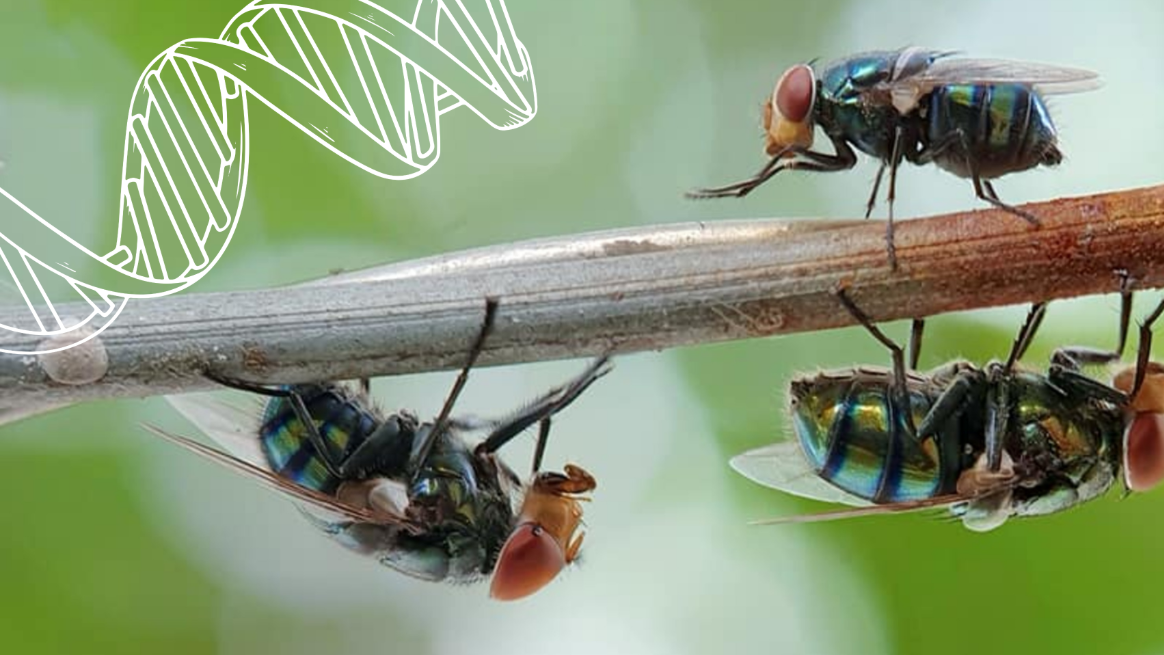Goal: Genetic Adaptation for Circular Production Systems
Biological organisms are at the heart of our production systems, and their characteristics are defined by their genetics. To support the green transition, there is a critical need to explore and utilize genetic variation. By systematically adapting organisms to circular production systems through informed, knowledge-based breeding, we can create more sustainable and resilient production practices.


Our research focuses on genetic characterization and adaptation of species to thrive in new niches, circular systems, market segments, and climates. This includes work on both existing livestock and plant species, as well as the exploration of new species and the utilization of historical gene banks. We aim to innovate within the circular bioeconomy by developing new traits and breeding strategies, such as enhancing the reuse of side streams, improving resilience and health, responding to consumer preferences, and creating methane mitigation strategies.
Our work is advancing several key areas:
Resilient Plant Species for Future Climates: We are identifying and breeding plant species that can withstand future climate conditions and resist pathogens, while maintaining the necessary technical properties for sustainable production.
Sustainable Livestock and Aquaculture: We are developing production systems where livestock and aquaculture species have a reduced climate footprint, achieved through targeted genetic adaptations.
Exploiting Genetic Diversity in Blue Biomass: We are leveraging the genetic diversity within blue biomass as a new source of protein, minerals, and bio components, while also using it as a means to reduce nutrient discharge.
Insect Specialization for Waste Recycling: Our research is leading to the genetic adaptation of insects, enabling them to efficiently break down and recycle waste products for use in food and feed production.